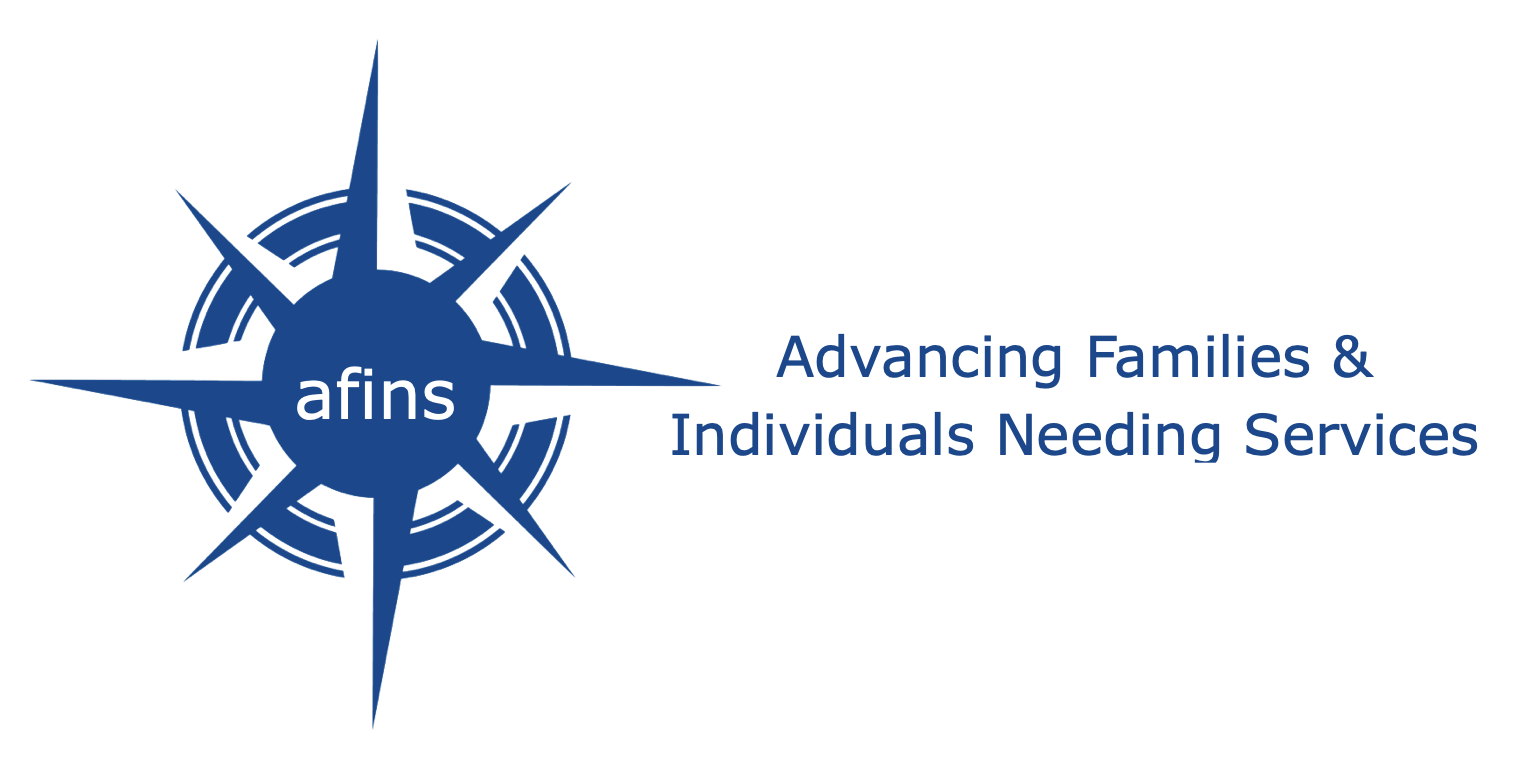Senate Bill 1758 was enacted into law on March 22, 2024 and took effect July 1, 2024. It introduces significant changes to Florida’s Medicaid program, focusing on expanding accessibility, efficiency, and resource management to enhance healthcare for vulnerable populations.
APD’s Role and Responsibilities
Specifically, Senate Bill 1758 places a significant focus on the Agency for Persons with Disabilities (APD) in Florida, enhancing its role within Medicaid to provide critical services to people with disabilities. The Bill mandates the APD to work closely with Medicaid in delivering accessible, individualized care models, and to address barriers in accessing services, especially in areas such as personal support, mental health, and adaptive technologies.
SB 1758 expands the APD’s mandate to ensure that people with disabilities receive continuous, specialized care. This includes increased accessibility in Medicaid services, promoting inclusion, and coordinating efforts to reduce any gaps in care. Through collaboration with Medicaid, the APD is tasked with the following primary responsibilities
- Providing Specialized Services: The APD will administer tailored support services for eligible individuals under Medicaid, including day-to-day assistance and healthcare provisions essential for independent living.
- Eligibility Oversight: The agency will work directly with Medicaid to evaluate and expand eligibility criteria, ensuring people with varying disabilities can access the care and services they need.
- Community Partnerships: The APD will engage local organizations and advocacy groups, building a network that enables effective implementation and addresses gaps in current support systems.
Coordination with Medicaid for Expanded Access
Through SB 1758, the APD must ensure seamless integration with Medicaid, particularly focusing on improved accessibility and quality in service delivery. Key initiatives include:
- Enhanced Accessibility: New guidelines will allow the APD to work with Medicaid in developing clearer, faster pathways for people with disabilities to receive care, aiming to eliminate the typical delays associated with enrollment and service acquisition.
- Expanded Service Models: The bill authorizes pilot programs that explore alternative care models, including managed care programs and telehealth services. The APD is involved in these trials, ensuring that the needs of people with disabilities are a priority in new Medicaid service strategies.
Accountability and Reporting
To uphold standards, SB 1758 emphasizes transparency and accountability, requiring the APD to track service delivery outcomes and report on program effectiveness:
- Ongoing Audits and Performance Reports: The APD will regularly evaluate its collaboration with Medicaid, tracking outcomes to ensure individuals with disabilities receive necessary support.
- Compliance Monitoring: The APD will also monitor care providers and facilities to ensure they meet required service standards, working with Medicaid to apply corrective measures or penalties if necessary.
Impact and Anticipated Outcomes
The APD’s involvement under SB 1758 is anticipated to significantly improve the quality and accessibility of services for people with disabilities. By prioritizing accessibility and collaboration, the bill ensures that Medicaid resources are used effectively and that individuals with disabilities have consistent access to specialized, high-quality care. These changes are intended to foster greater independence and improved health outcomes, reflecting a shift towards a more inclusive healthcare model in Florida.
You can read the full Bill here.






